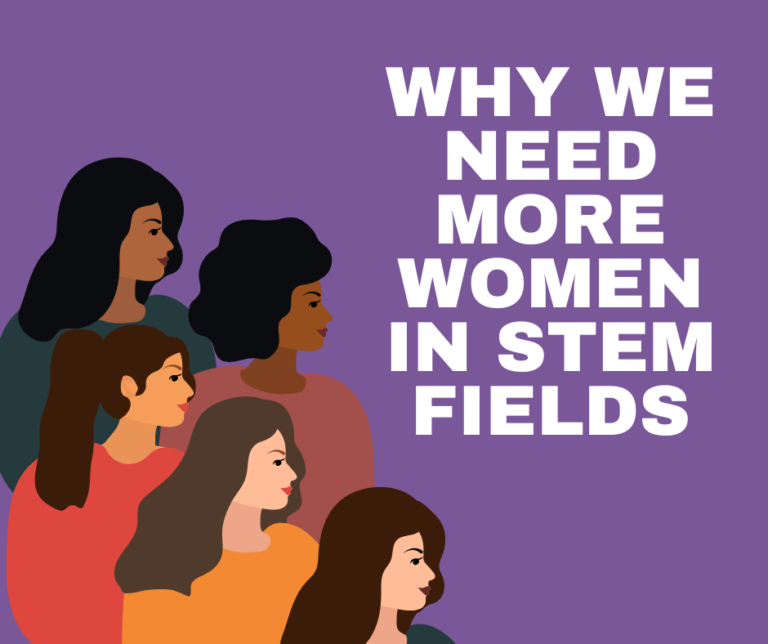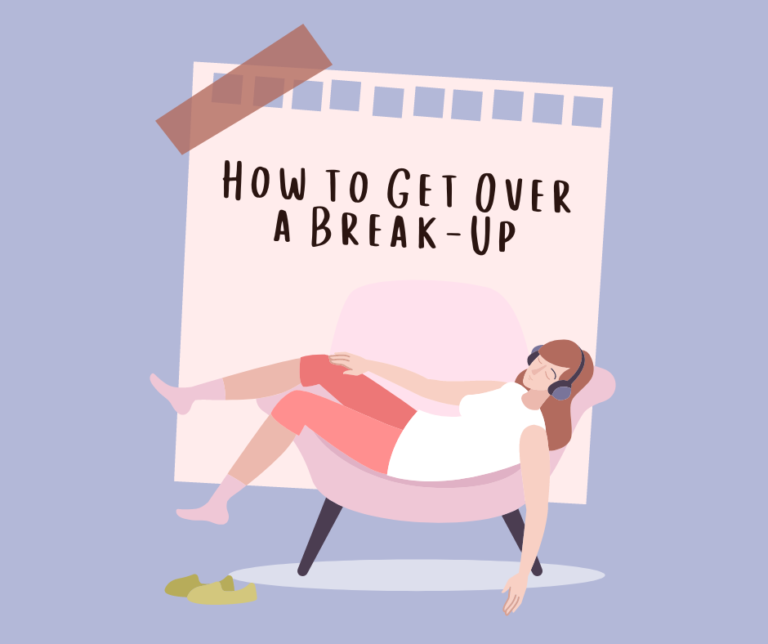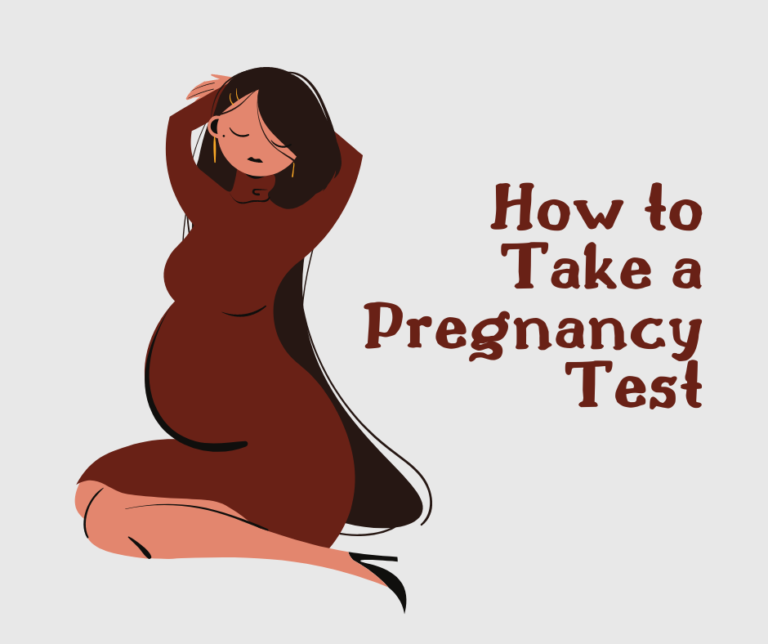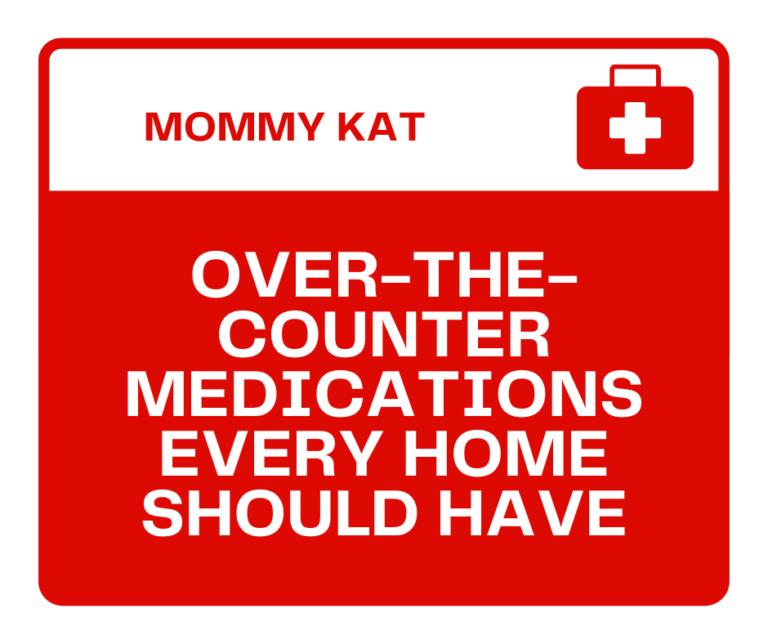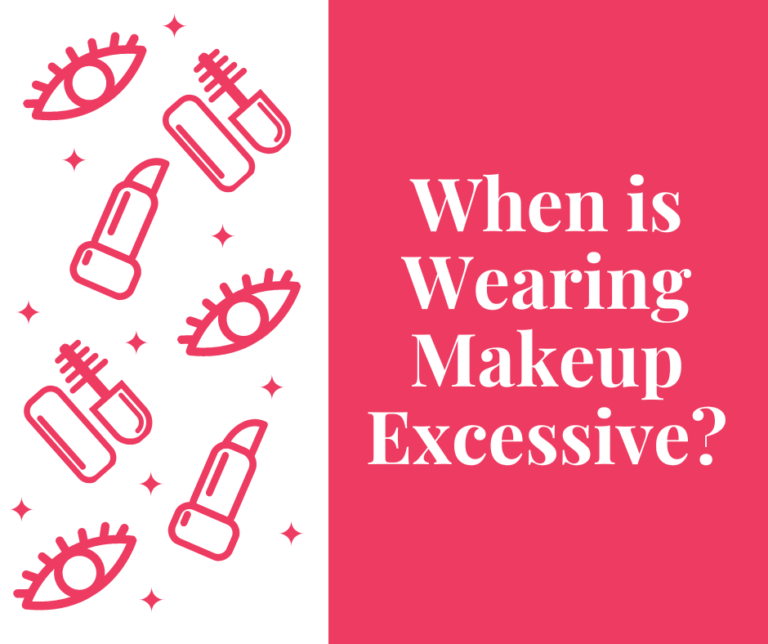ADHD, or Attention Deficit Hyperactivity Disorder, is a relatively common neurological condition that is estimated to affect about 5% of all children and 3% of adults. It has a wide variety of characteristics depending on the person who has it but can be generally associated with an inability to concentrate on one thing at a time. Symptoms often include impulsivity, hyperactivity, and distractibility. If you have ADHD you probably know there’s no way of shutting out every piece of stimulus going on around you. It’s a specific type of attention disorder that makes it difficult to focus on long-term goals rather than short-term distractions, can make it hard to complete tasks, and make you impulsive at times. Today, Mattress Sale Liquidators, the store with the best mattresses in San Diego, is going to explore how ADHD might affect sleep quality for those who have been diagnosed with this disorder.
There are several factors related to ADHD which may keep you from getting restful sleep:
- Inability to focus/distractibility
- Difficulty focusing on tasks
- Adults with ADHD often say they become easily bored and hyper-focused instead
- Irritability or short temper
- Trouble sitting still or fidgeting
- Easily distracted by outside stimuli
- Impulsive behaviors (such as interrupts others’ conversations without thinking)
- Underestimating time needed to complete a task (for example, running late for work because they didn’t allow enough time to get ready)
- Underestimating distance traveled when out walking, such as getting lost easily
Since people with ADHD have a difficult time concentrating, it’s possible that they might have trouble falling asleep or staying asleep. This is because the body releases chemicals to help us fall asleep, including serotonin and melatonin. Serotonin helps us feel happy and relaxed, while melatonin helps regulate our sleep-wake cycles while resting on our San Diego mattress.
However, many people who are diagnosed with ADHD are prescribed amphetamine stimulants to improve their ability to concentrate during the day. These drugs also affect our natural production of serotonin and melatonin at night. They make it more difficult for us to fall asleep by disrupting these chemical processes in our bodies. Amphetamine medications can also delay the onset of REM sleep later in the night, which is when we experience most of our dreams.
What is the difference between ADD and ADHD?
These two acronyms are used interchangeably. Many people believe that they are either the same or different conditions. In reality, ADD is just an outdated term. According to WebMD, it is now referred to by doctors as “ADHD predominantly inattentive presentation,” or ADHD-PI for short. The other two types of ADHD are:
- ADHD predominantly hyperactive-impulsive presentation (ADHD-PHI)
- ADHD combined presentation (both inattentive and hyperactive-impulsive symptoms) (ADHD-C)
Our advice
If you or your child have been medically diagnosed with any form of ADHD, it’s important to talk to your primary care doctor about the symptoms that may be interfering with your daily ability to function, including your ability to sleep well each night. While we cannot provide any neurological treatments, we can most certainly find the mattress that is right for you or your ADHD child. Don’t wait – make one of our critically-acclaimed San Diego mattresses yours today!





